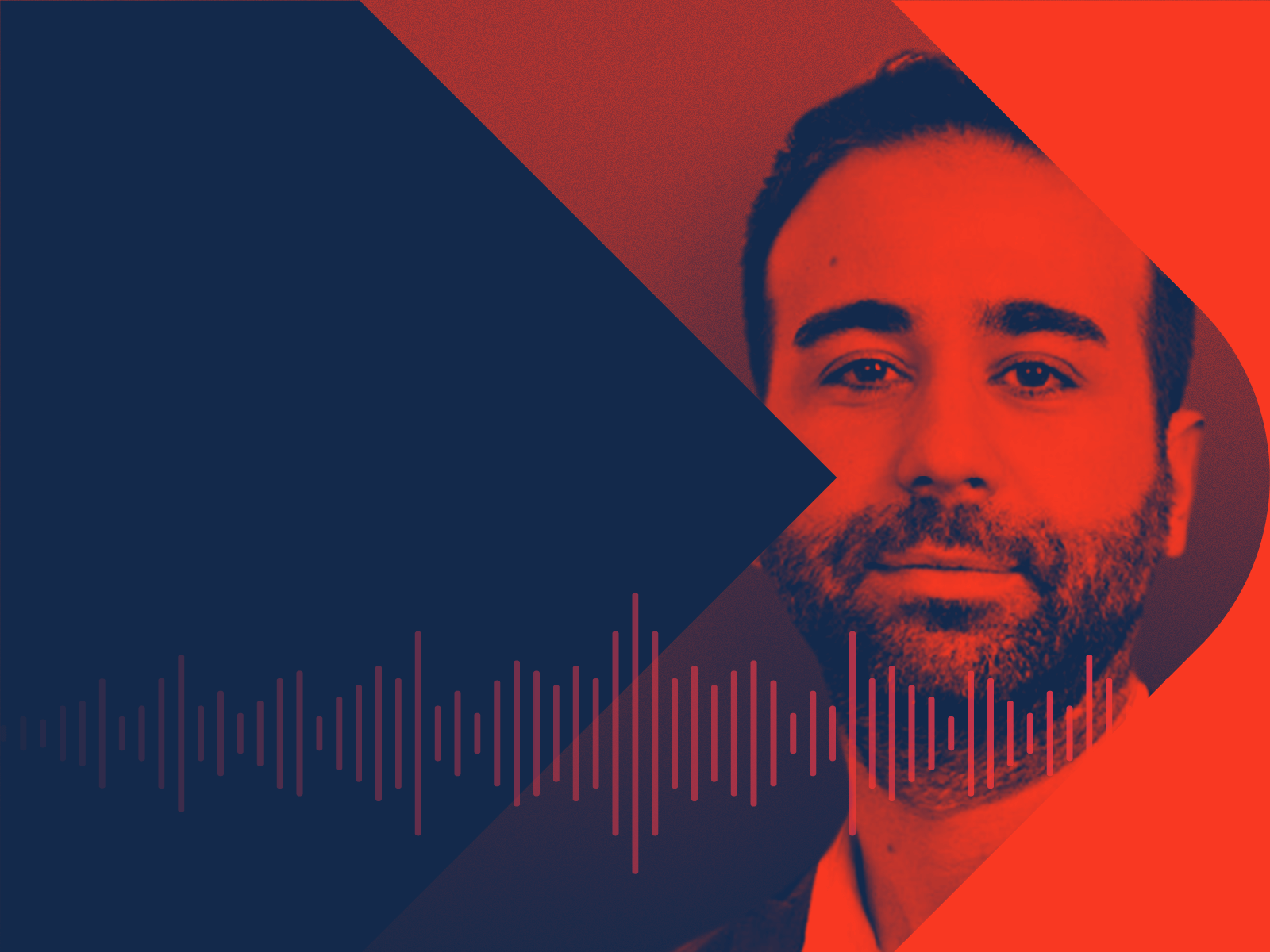“Competition truly breeds innovation”
With its announcement that Google would delay cookie deprecation in Chrome until 2024, the industry has been provided with more time to consider the cookieless future. But how should organizations use this time?
In the latest episode of our Identity Architects podcast, InfoSum's COO, Lauren Wetzel, sat down with Keith Petri, CEO at lockr, to discuss data privacy, regulations, consumer awareness, and more.
"Google's delay is purely causing procrastination around the industry which is unfortunate. We've seen this time and time again for other standards and shifts, and it's not very productive to push the ball further down the line."
For forward-thinking and customer-centric organizations, the cookieless era is about putting the consumer first. The focus should be on how organizations can safely and effectively collaborate and future-proofing these collaborations against regulatory or technology changes.
"None of the proposed identity solutions at the moment are truly taking into consideration the interests and the needs of the consumer, and any solution that's trying to maintain the status quo without incorporating the growing focus on self-sovereign data ownership, they're just going to be band-aids and short-term whack-a-mole type of strategy and so there's opportunity but only if the industry embraces that a consumer is now at the table."
Many have been asking how the industry should empower consumers to take control of their data. How can we make consumers feel more confident using tools such as lockr?
"Consumer consent is all important but the mechanisms of obtaining that consent are extremely complicated so we need to give consumers tools to clearly opt-in or opt-out of data sharing at any point. lockr is in a unique position in that it clearly requests consent as part of its SSO solution and gives consumers a way to manage that consent on a per company basis over time in their lockr dashboard. Any other consent mechanism in the market is not looking out for the best interests of the consumers but it's actually a mechanism paid for and looking out for the business it represents. [...] We are a true CMP, consent management platform, owned for and working on behalf of the consumer, and that makes a lot more sense to me."
That's so important because, without the consumers, there would be no business.
"The shift away from cookies and regulations such as the GDPR and CCPA and newer proposed bodies stem from a concern over consumer privacy yet the large majority of consumers are okay with sharing their data provided. They know how it's being used and have control over their own consent. Most consumers would rather see a targeted ad than a completely irrelevant one but they don't want their data to be sold or used in ways in which they have little visibility. Maintaining and respecting the relationship between consumers and publishers and advertisers is extremely important and that just means we need to put levers in place that we have on the ad tech and Martech and B2B side of the equation but we need to bring those to the consumers. The new identity solutions in the market are making assumptions about what's important to consumers while ultimately trying to serve the economics of the current industry and the consumers don't actually have a say."
That brings us to one challenge that Keith mentioned:
"There needs to be a consideration for the consumer that hasn't taken place historically and unfortunately the draws and the requirements for. Current revenue models and current businesses that exist are sometimes at odds with the new way that we should move forward as an industry and that requires some uncomfortable conversations."
Absolutely. We must come together as an industry to talk - including some uncomfortable conversations.
Thanks, Keith, for the chat!





